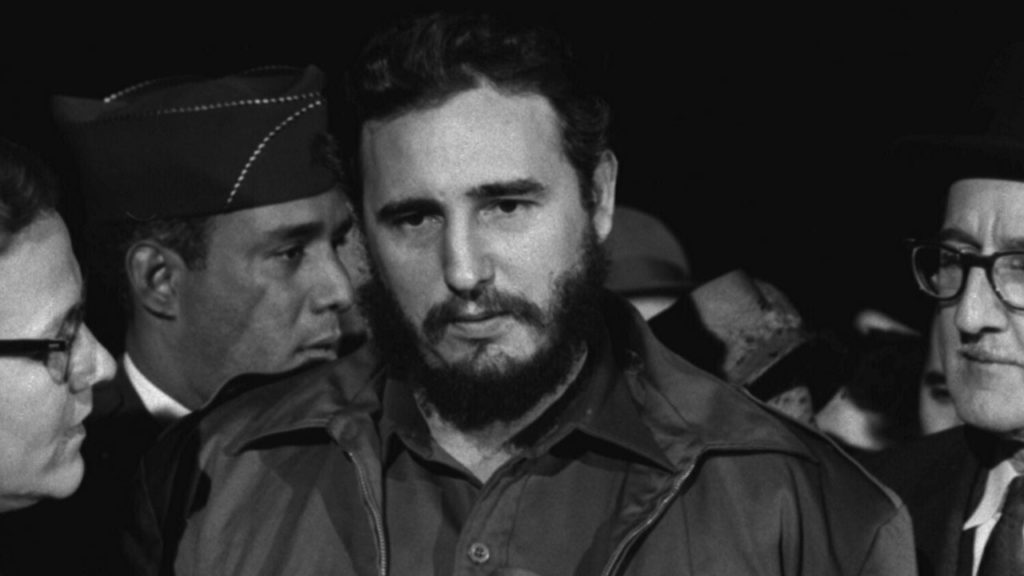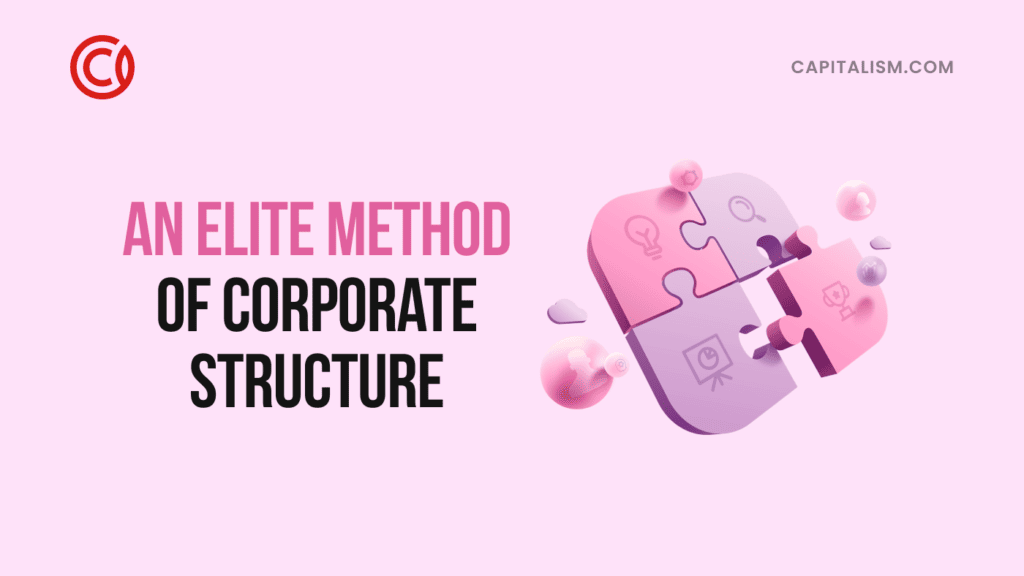In the wake of the Cuban communist dictator Fidel Castro’s death lies an opportunity to not only reflect on the brutality of communism and the need for capitalism, but also the damaging effects of economic sanctions.
Jeff Siegel, founder and managing editor of Green Chip Stocks, did just that in an article for WealthDaily.com where he denounces the brutal, murderous actions of Castro, and highlights just how oppressed the people of Cuba have become under his rule.
Well, after nearly 50 years of communist rule, where speaking out against the government resulted in jail time, it’s understandable that the good people of Cuba are not racing out in public to celebrate the death of Fidel Castro.
I suspect there’s still plenty of fear permeating through the streets of Havana.
To be fair, part of that fear has been perpetuated by U.S. lawmakers who sought and achieved economic sanctions against Cuba. Siegel astutely highlights this fact.
Refusing to do business with Cuba while under the rule of a murderous dictator does nothing to hurt that dictator. In fact, in the case of Fidel Castro, it empowered him.
The truth is, by refusing to do business with Cuba, we were actually hurting the people of Cuba. The people who could’ve benefitted immensely from regular access to certain medications and building supplies.
By refusing to do business with Cuba, we also made it difficult for U.S. companies that could’ve profited handsomely from exporting all kinds of things to the island.
A trade embargo against Cuba, in place since 1962, was loosened earlier this year by President Barack Obama through executive order. And while this seems to be a step in the right direction, the use of the presidency’s executive power that must be kept in check. Though loosened, the embargo remains in place.
Doug Bandow explains the impact of Obama loosening the embargo in an article for Forbes.
Better to flood Cuba with Americans bearing dollars. Then the rewards from engagement will be obvious to all. That doesn’t guarantee Cuba will become free—the fearful regime actually has stepped up political repression and religious persecution over the last two years—but openness offers a better long-term alternative. Human rights leader Elizardo Sanchez, who I met on a (legal) trip to Cuba a decade ago, told the New York Times that the Obama policy had a positive effect: “The personal contact that comes from all the travel has a huge impact in terms of fighting propaganda.” It takes time to open doors in a closed society, he added, “but it’s happening.”
To help create prosperity for all, including Cubans, we must see the end of the U.S. trade embargo against Cuba. In the wake of Castro’s death lies fertile ground for capitalism, opportunity for liberty and helping others build wealth. Continued sanctions will not help create a free Cuba.













